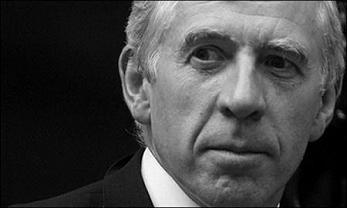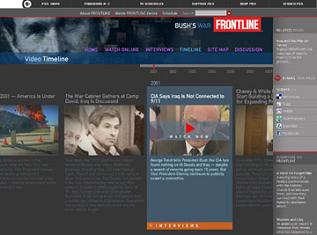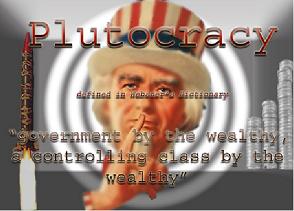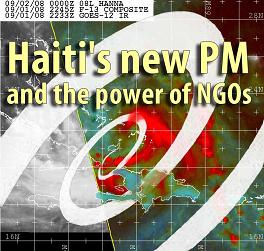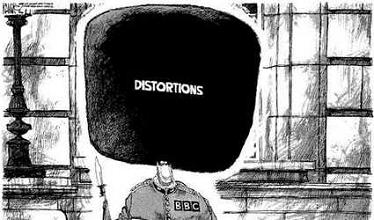666 to 1: The US Military Against al-Qaeda
Nick Turse & Tom Engelhardt

In his book on World War II in the Pacific, War Without Mercy, John Dower tells an extraordinary tale about the changing American image of the Japanese fighting man. In the period before the surprise attack on Pearl Harbor, it was well accepted in military and political circles that the Japanese were inferior fighters on the land, in the air, and at sea — "little men," in the phrase of the moment. It was a commonplace of "expert" opinion, for instance, that the Japanese had supposedly congenital nearsightedness and certain inner-ear defects, while lacking individualism, making it hard to show initiative. In battle, the result was poor pilots in Japanese-made (and so inferior) planes, who could not fly effectively at night or launch successful attacks.
In the wake of their precision assault on Pearl Harbor, their wiping out of U.S. air power in the Philippines in the first moments of the war, and a sweeping set of other victories, the Japanese suddenly went from "little men" to supermen in the American imagination (without ever passing through a human phase). They became "invincible" — natural-born jungle- and night-fighters, as well as "utterly ruthless, utterly cruel, and utterly blind to any of the values which make up our civilization." Sound familiar? It should.




























